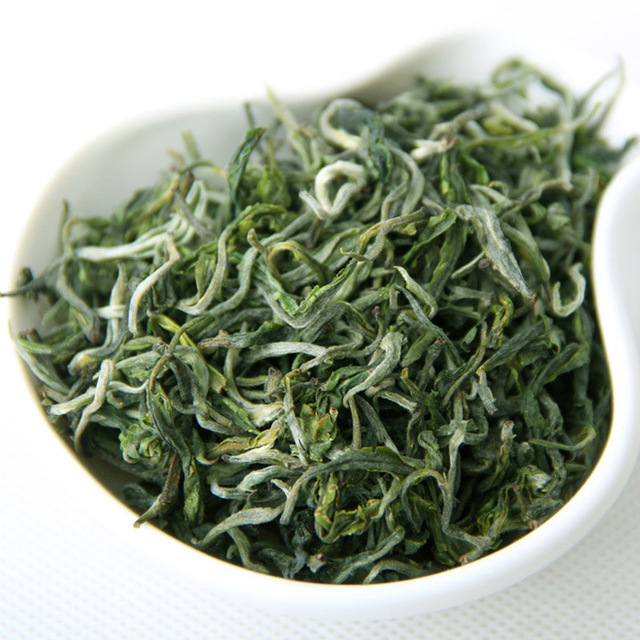In Traditional Chinese Medicine, the kidney is considered the “root of life,” crucial for growth, development, and vitality. Its functions are diverse, including storing essence, governing bones, influencing water metabolism, and respiration. Symptoms like lower back pain, aversion to cold, and frequent urination are often seen as signs of kidney deficiency in TCM and require corresponding nourishment. How can one effectively nourish the kidneys?
Lower back pain is often related to kidney essence deficiency. Boosting kidney essence can start with dietary adjustments, such as consuming high-protein foods like chicken, fish, tofu, as well as black beans, walnuts, and goji berries, which are excellent dietary choices. Incorporating moderate exercise like walking, swimming, jogging can enhance overall health. If necessary, following medical advice to take medications like Liuwei Dihuang Wan may be beneficial.
Aversion to cold is commonly associated with weakened kidney yang and requires warmth. Warm and hot foods like lamb, beef, leeks, and ginger are beneficial for warming the body and strengthening kidney yang, while avoiding cold foods. Engaging in brisk walking, jogging to promote circulation, and ensuring sufficient high-quality sleep aid in the restoration of kidney yang. Traditional Chinese medicines like cinnamon and Aconite can be used as per the advice of TCM practitioners.
Frequent urination may be a sign of unstable kidney qi. Adjusting the diet by consuming foods that tonify qi, such as soybeans, white hyacinth beans, jujubes, Chinese yam, and avoiding too oily or spicy foods. Practicing Tai Chi, the Eight-section Brocade, and ensuring good quality sleep all contribute to replenishing kidney qi. TCM acupressure on specific acupoints, as well as herbs like ginseng and astragalus, can also be beneficial.
When nourishing the kidneys, caution is advised to avoid self-diagnosis and medication to prevent adverse effects. Nourishing the kidneys should be done moderately and under the guidance of a healthcare professional. Maintaining a healthy lifestyle with regular routines, balanced diet, adequate exercise, and avoiding staying up late or overworking is essential. Paying attention to one’s health, addressing symptoms like lower back pain, aversion to cold, and frequent urination promptly, seeking medical advice can prevent future complications.
Lastly, a positive psychological outlook is equally important for kidney health maintenance. Prioritizing kidney care through scientific nurturing can alleviate issues like lower back pain, aversion to cold, and frequent urination from disrupting daily life.


